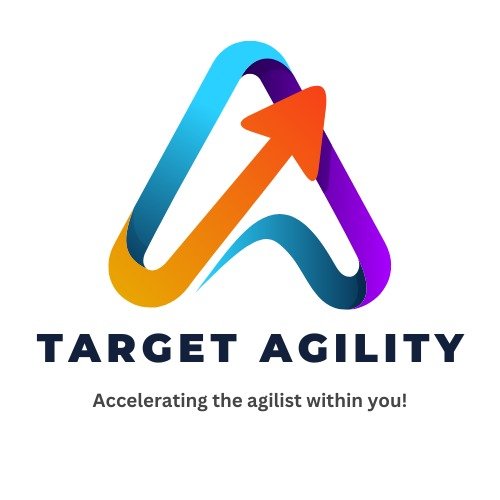As businesses adapt to fast changes in technology and market needs, many have turned to Agile methods to manage projects and deliver results quickly. Among the different Agile frameworks, Scrum is one of the most widely used. A key player in the Scrum process is the Scrum Master—a person responsible for helping teams work efficiently and follow Scrum practices. But with the constant changes in the workplace, one might wonder: Are Scrum Masters still in demand?
The short answer is yes. Let’s take a look at why Scrum Masters continue to be important and how their role has changed over time.
The Importance of Agile
Agile methodologies, like Scrum, Kanban, and Lean, have become essential for delivering projects efficiently. They allow teams to work in short cycles, adapt to changes, and deliver value to customers faster. As more companies adopt Agile to stay competitive, the need for Scrum Masters grows. Scrum Masters help teams understand and follow the principles of Agile, encouraging collaboration, flexibility, and continuous improvement.
What Does a Scrum Master Do?
Many people think that Scrum Masters are project managers who assign tasks, but their role is actually quite different. A Scrum Master acts as a servant-leader, meaning their job is to support the team and help them succeed. Some key responsibilities include:
- Leading Scrum Events: Scrum Masters ensure that daily meetings, Sprint planning sessions, and retrospectives run smoothly so that the team stays on track and improves over time.
- Removing Obstacles: If the team faces any challenges or roadblocks, the Scrum Master steps in to help remove these issues so the team can stay focused.
- Coaching the Team: Scrum Masters teach the team and the organization how to apply Agile best practices effectively.
- Encouraging Improvement: They promote a mindset of continuous improvement, always encouraging the team to learn and get better.
These responsibilities highlight why Scrum Masters are so important—they help teams communicate better, collaborate efficiently, and improve their workflows, which are crucial in today’s fast-paced business world.
Demand Across Different Industries
While Scrum began in software development, its principles are now being used in a variety of industries, such as marketing, healthcare, finance, and more. As these industries adopt Agile, the demand for Scrum Masters has expanded beyond tech companies. Businesses in areas like manufacturing, logistics, and even government agencies are turning to Agile frameworks like Scrum to increase efficiency and deliver better results.
For example, in industries like healthcare or finance, where there are strict regulations and fast-changing requirements, Agile helps teams meet goals more quickly. Scrum Masters in these sectors help teams navigate complex rules while maintaining flexibility and delivering high-quality results.
How the Scrum Master Role Has Evolved
As more companies adopt Agile, the role of the Scrum Master has also changed. Today’s Scrum Masters need to know more than just the basics of Scrum. In larger organizations, they may need to be familiar with scaling Agile frameworks, like Scrum@Scale, SAFe, or LeSS, which are used to manage larger teams or multiple projects at once.
Additionally, the shift to remote work has changed how Scrum Masters operate. Virtual teams come with new challenges, such as ensuring effective communication across different time zones. Scrum Masters now play a key role in keeping remote teams connected and ensuring they collaborate smoothly, even when they are not in the same location.
Why Scrum Masters Are Valuable
Because of the wide range of tasks they handle, Scrum Masters bring significant value to organizations. They help reduce the time it takes to get products to market, improve the quality of work, and foster better teamwork. These benefits have kept Scrum Masters in demand across industries. Platforms like LinkedIn and Glassdoor consistently rank Scrum Master as a top job, especially in tech and project management fields.
Conclusion: Are Scrum Masters Still Needed?
Absolutely. Scrum Masters are still in high demand, and their role is becoming even more important. As more companies embrace Agile methodologies, both in technical and non-technical areas, the need for skilled Scrum Masters continues to grow. In addition, the challenges of remote work and managing larger teams make their role even more essential.
If you’re thinking about becoming a Scrum Master or already working as one, you can feel confident that your skills will remain valuable for many years to come.
“Ready to take your career to the next level? Join our Scrum Master course today and make it happen! Click here to get started!”












